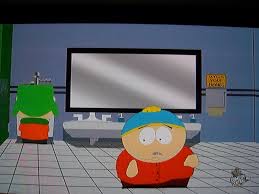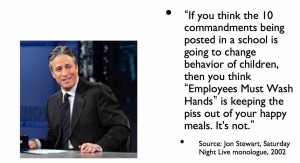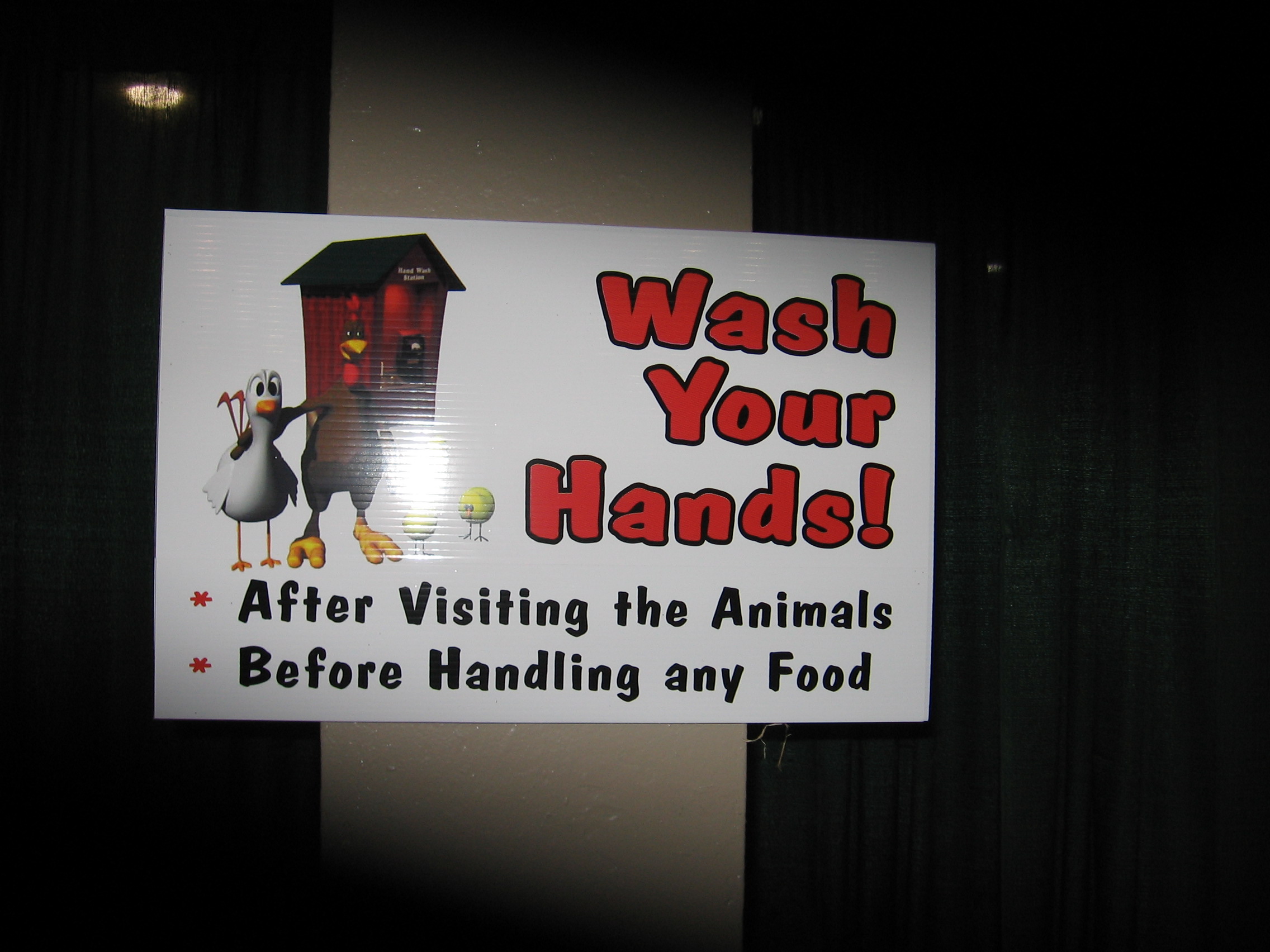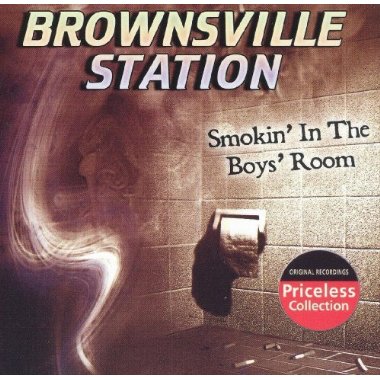Everyone says wash your hands in the wake of Coronavirus.
 But proper handwashing requires proper tools.
But proper handwashing requires proper tools.
I go to my local grocery store (when I’m let out of the house, and usually only with a carerer) and the bathroom for the shops has these stupid Dysan machines that just blow microbes around.
I got my job at Kansas State in 2005 because their handwashing thingies just blew stuff around, I wrote something up, they hired me, I did enough work to become full professor, and then they fired me.
Whatever.
Every time there is some weird outbreak at a local school, the first thing I do is check out the bathrooms – that’s right, I’m the creepy guy watching you kids wash their hands – and invariably they have no soap and no paper towel (the later is required for the friction).
Even the 20 seconds is probably overstating things: Can you imagine working in food service and having to wash your hands for 20-30 seconds every time you did something food safety risky?
You can keep imagining because you wouldn’t be working long.
Yes, wash your hands, my daughters have all had this engrained in them, but keep the messaging on a level people might actually follow.
Good Eats host Alton Brown is here to explain it in a 4-plus minute video that illustrates why soap is a solid line of defense against viruses, that demonstrates how to wash every square inch of your mitts, and that wraps up with one of the most surprising endings you’ll see outside of an M. Night Shyamalan flick.
“I’m happy that someone finally wants to talk about handwashing,” he says within the first minute. “I’ve been wanting to do a handwashing video for twenty years, but everybody was like ‘Oh no, hygiene’s boring, do cheese pulls.’ What do you think is going to save us now? Cheese pulls, nanorobots, lasers, hot yoga? I don’t think so.”
We did one 20 years ago.
 So yeah, what might give us a shot at getting through… all of this is a bar of soap. (Regular soap, Brown emphasizes, not hand sanitizer. “Not the stuff you’ve been fighting over in drugstore parking lots,” he adds.)
So yeah, what might give us a shot at getting through… all of this is a bar of soap. (Regular soap, Brown emphasizes, not hand sanitizer. “Not the stuff you’ve been fighting over in drugstore parking lots,” he adds.)
Brown says that he actually travels with his own bar of soap, carrying it with him in a small tin. He also keeps his own zip-sealed bag of paper towels handy, to ensure that he can dry his hands properly too. (So take that, Dyson Airblade!) His handwashing technique takes a full 30 seconds to complete, and he adds a few ticks to the 20-second-minimum wash that has previously been suggested. He goes through a number of steps, for the front and backs of the hands, in-between the fingers, and under the nails. There are a lot of five-counts, but it works. And if that fails to do the job? Well, that’s where Brown’s sense of humor takes a darker turn.
I carry a tip-sensitive digital thermometer wherever I go.








 heated because you heard about other outbreaks and were concerned about liability?" She responded, "No. The stuff starts to smell when it’s a few weeks old and heating removes the smell."??
heated because you heard about other outbreaks and were concerned about liability?" She responded, "No. The stuff starts to smell when it’s a few weeks old and heating removes the smell."??.jpg) crucial that handwashing in young children should be supervised, especially after touching or petting animals or their surroundings on a visit to a farm."
crucial that handwashing in young children should be supervised, especially after touching or petting animals or their surroundings on a visit to a farm." possible.
possible. Hygiene Centre, who led the research, said,
Hygiene Centre, who led the research, said,